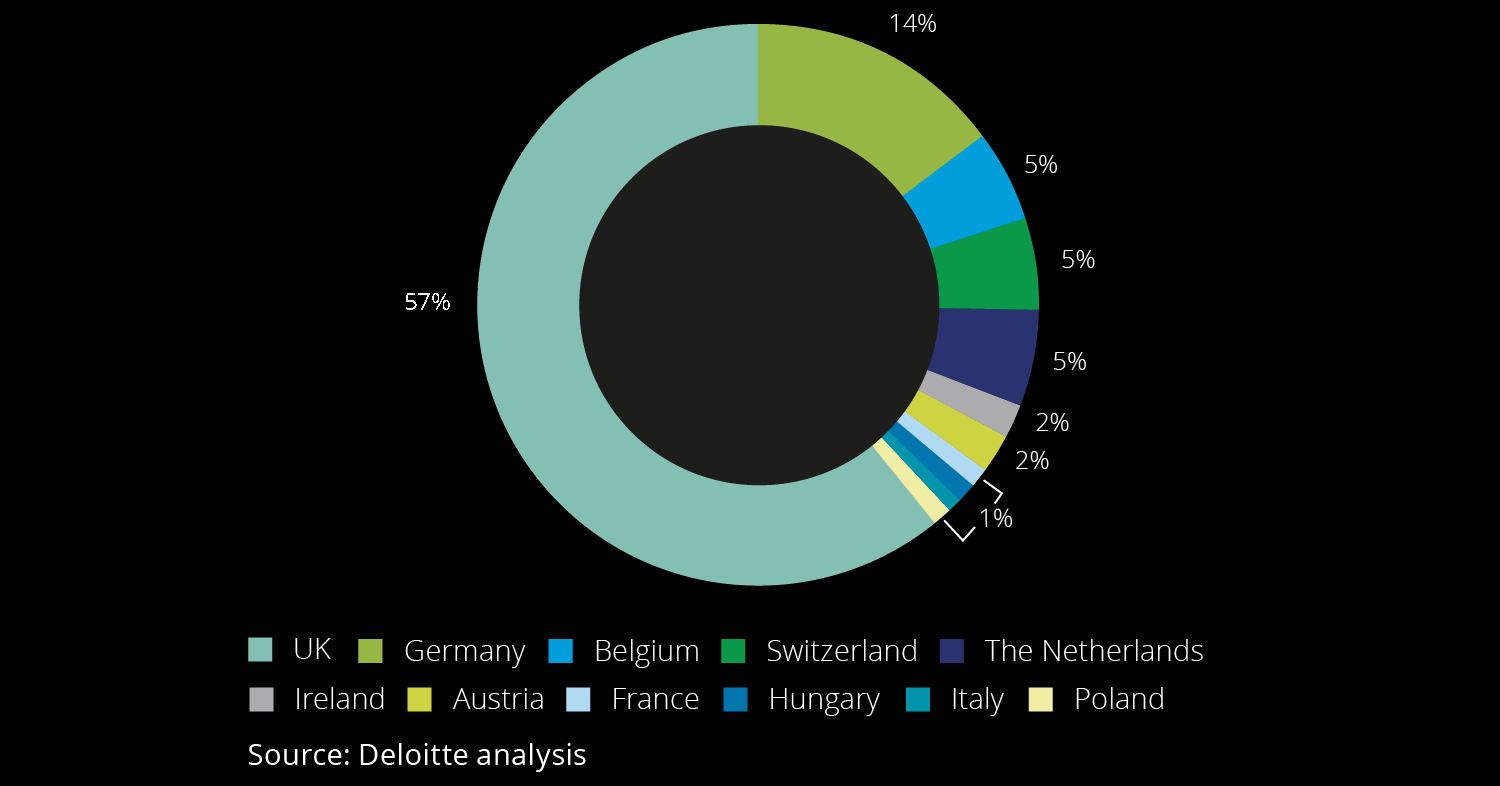
What is Power Up?
The UK economy has proven its resilience many times throughout history. But we cannot take this ability for granted. It is critical that the UK remains competitive, that we retain our strength in innovation, and that we develop and attract the skills our economy needs so that we can achieve inclusive growth.
The Power Up series explores the critical challenges facing business, UK government and wider society. Using insights and analysis, the series looks at the pragmatic actions we can take to make a difference now, and power up the future ahead - to ensure the UK remains globally competitive, as an attractive and inclusive place in which to do business today and tomorrow. For each research piece in the series, we’ve developed a short story to bring the key findings to life and help you identify the actions your business should take. Explore the challenges through our stories and dive into the detail at any point for deeper insight into these critical issues.
If you’d like to find out more about the Power Up series or how we are experimenting with new ways of bringing insight to life, please contact Jo Ouvry, Director of Corporate Affairs at Deloitte or Jemma Venables, Head of Innovation and Corporate Insight at Deloitte.
